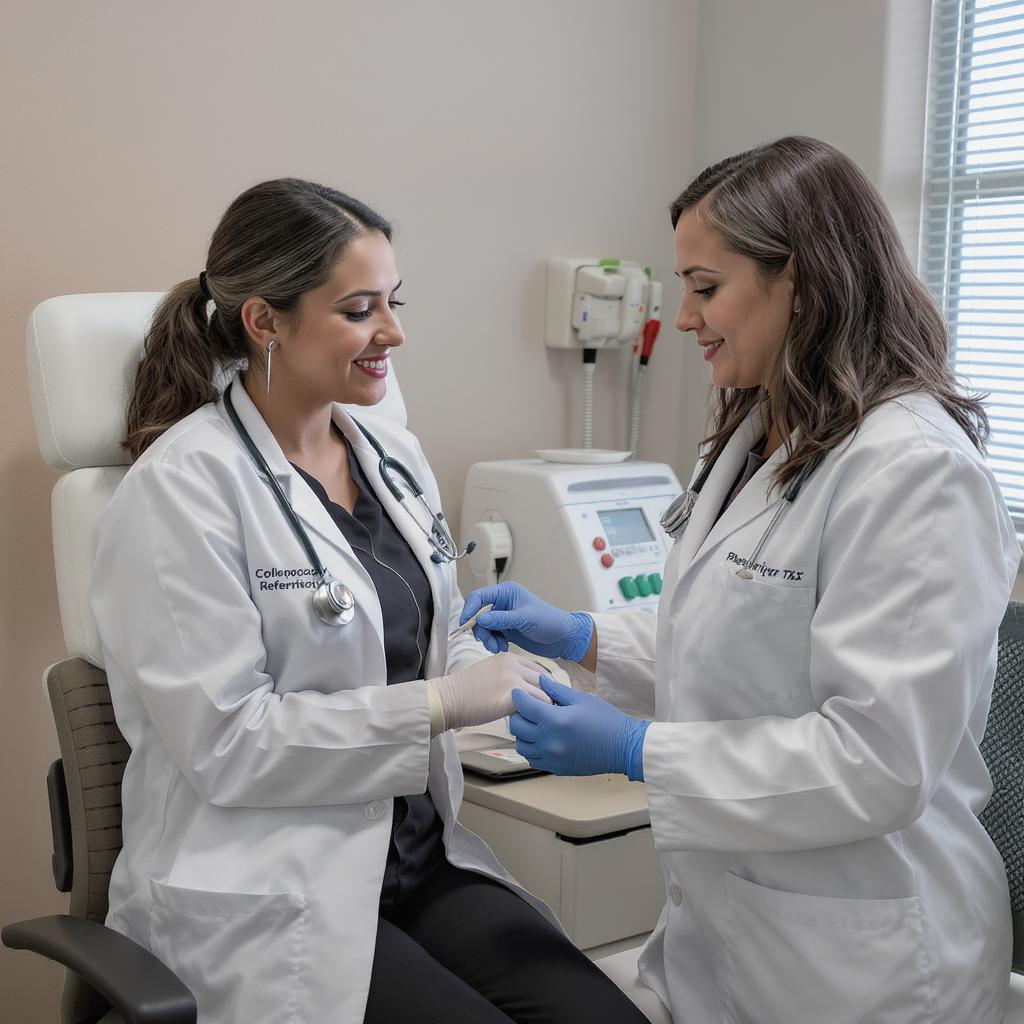Colposcopy Referrals in Brownsville, TX

Colposcopy Referrals in Brownsville, TX
Experiencing unusual changes in your cervical health can be concerning. After receiving abnormal results from a routine Pap smear, you might find yourself wondering what steps to take next. A colposcopy is often the recommended follow-up procedure, but understanding the necessity and process of referrals can be overwhelming.
What is a Colposcopy?
A colposcopy is a specialized examination of the cervix, vagina, and vulva using a magnifying instrument called a colposcope. This procedure allows healthcare providers to identify areas that require further investigation or treatment. It serves as an important follow-up after abnormal Pap test results.
When Should You Seek a Referral?
If your screening results indicate potential issues, your healthcare provider may suggest a colposcopy. It's crucial to seek a referral if you have symptoms such as persistent pelvic pain, unusual bleeding, or if you've been notified of abnormalities in your Pap test. Early intervention plays a key role in maintaining your health.
Finding a Specialist in Brownsville, TX
After receiving a referral for a colposcopy, the next step is identifying a qualified specialist. In Brownsville, TX, there are health services available that can assist in your journey, ensuring you receive the appropriate care. Gather recommendations from your primary care doctor, family, or trusted resources.
What to Expect During the Colposcopy?
During the procedure, you can expect a similar experience to a Pap smear. The provider will examine your cervix closely, often using a solution that highlights abnormal cells. This process generally lasts about 10-20 minutes and may cause mild discomfort. Understanding what to expect can help alleviate anxiety about the procedure.
Post-Procedure Care
After your colposcopy, it's important to follow any aftercare instructions given by your provider. You may experience light spotting or discharge, which is normal. However, if you experience severe pain or heavy bleeding, be sure to contact your healthcare provider.

